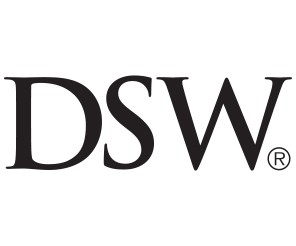US Markets Loading...
h
m
s
Hush-money judge repeatedly bench-slaps Donald Trump's lawyer over gag violations: 'You're losing all credibility!'
A judge verbally excoriated a defense lawyer for Donald Trump during the Manhattan hush-money trial on Tuesday.
The American Kennel Club's pedophile problem
As high-profile cases involving the sexual abuse and assault of children rock the world of dog shows, some say the AKC isn't doing enough.
2 navy helicopters were seen colliding in midair during a military parade rehearsal, killing 10 people
The two Malaysian helicopters were filmed colliding with each other, with one having its rotor blades shredded upon impact.
How a Ford dealership saved me from a charging disaster my first time driving a Tesla Cybertruck
I spent three days with Tesla's Cybertruck. Some foolish oversight and a silly design flaw almost left me up a creek without a charge.
Video
New Episodes This Week
Costco shoppers are finding it's harder to sell gold than to buy it
Gold bars have been flying off the shelves at Costco, but some buyers are discovering that selling them on is complicated, The Wall Street Journal reported.
As a financial planner, I give my clients 4 tips to make their money last a lifetime
I work with clients who want to make sure their money lasts for their lifetime, but I also remind them to benefit from their money now.
A millennial Lyft driver who used the gig to explore all 50 states explains his strategies for maximizing earnings and tips
Kreskin J. Torres has eaten his way through all 50 states by driving for Uber and Lyft, and he's working on a book about his experiences.
The most daring looks celebrities wore to Coachella 2024
Many celebrities wore daring looks to Coachella 2024, from sheer dresses and miniskirts to bodysuits with cutouts.





